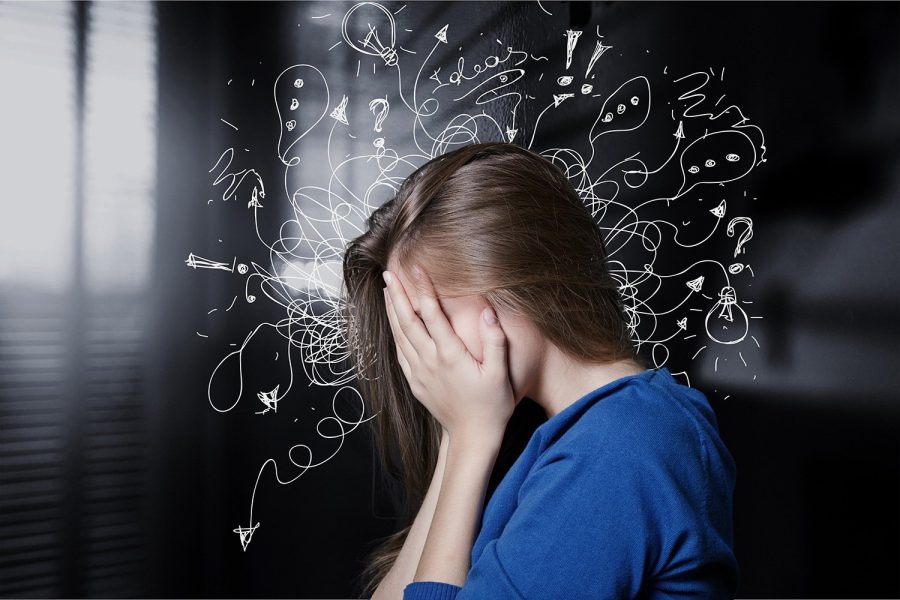Anxiety & Stress in Humans and How It Affects Daily Lifestyle and Activities
March 15, 2023
In the US, 80% of teens report feeling stressed sometimes or quite often. Also, 31.9% of teens have some type of anxiety disorder. One study shows that teenagers release more cortisol during times of stress. This can lead to a rise in cortisol, which means there is an increase in heart rate and blood flow. (https://parents.au.reachout.com/common-concerns/everyday-issues/stress-and-teenagers). These symptoms can cause teens to have anxiety or feel anxious. Stress and anxiety can affect many things in your life such as daily activities, moods, physical ability, focus level, and many other things.
Stress and anxiety has been shown to affect many athletes as well. For example, if an athlete is playing in a big game, and they are faced with the big task of winning the game or making a shot or goal when the team needs it, this can cause anxiety. This is called Sport Performance Anxiety, which is caused by negative thinking, fear of failing, the inability to deal with adversity, problems with focusing, and the overwhelming need to be perfect are the mental triggers that can lead to performance anxiety. Stress and anxiety can also affect performance in the classroom as well as sleep, which may cause them to not get the rest they need to perform. Physical symptoms of stress and anxiety include muscle tension, increased heart rate, indigestion, stomach spasms, pain and headaches.
Micheal Phelps, arguably the best swimmer to ever live, dealt with really bad anxiety. Despite him being the most decorated Olympian in history. Phelps said that he was “scared as hell” to go to therapy for the first time. He also said in an interview posted on Iinsider.com: “I didn’t take care of myself fully for twenty years”. He also stated that he fell into a major state of depression. According to Phelps, his worst episode came right after the London Olympic Games. He had just won two silver medals and four gold medals, but that wasn’t enough to make him feel better. He stayed in his room for four days, without eating or sleeping. Phelps stated “I didn’t want to be in the sport anymore” .At his lowest point Phelps’ even considered suicide, saying, “I didn’t want to be alive.”
This goes to show that stress and anxiety can affect anyone, even one of the world’s greatest athletes. Luckily, there is counseling and/or therapists that can help you get better and guide you on the right path. If you are struggling with anxiety and stress and are unsure of what to do, reach out to someone you know is willing to help you. A tip for managing anxiety are: Talk to someone you trust. Talking to someone you trust about what’s making you anxious could be a relief. Also, a tip for managing stress: Take breaks from watching, reading, or listening to news stories, including those on social media. Overall, just focus on what’s most important in your life and stress levels should be reduced.












